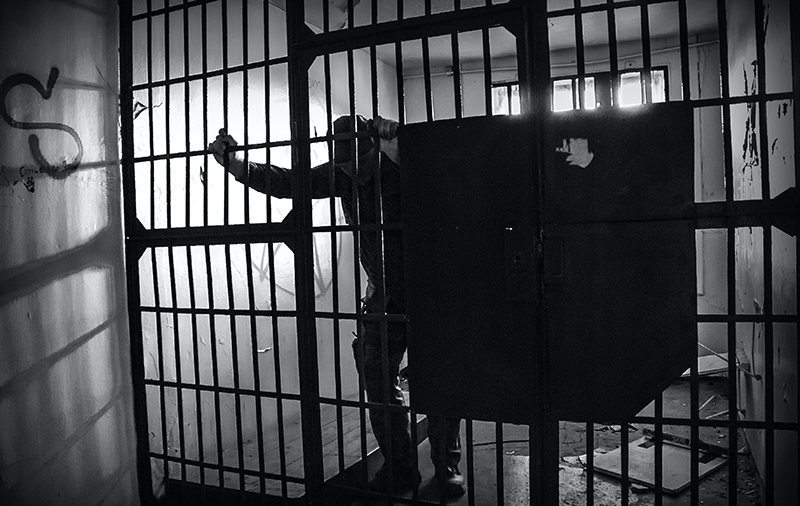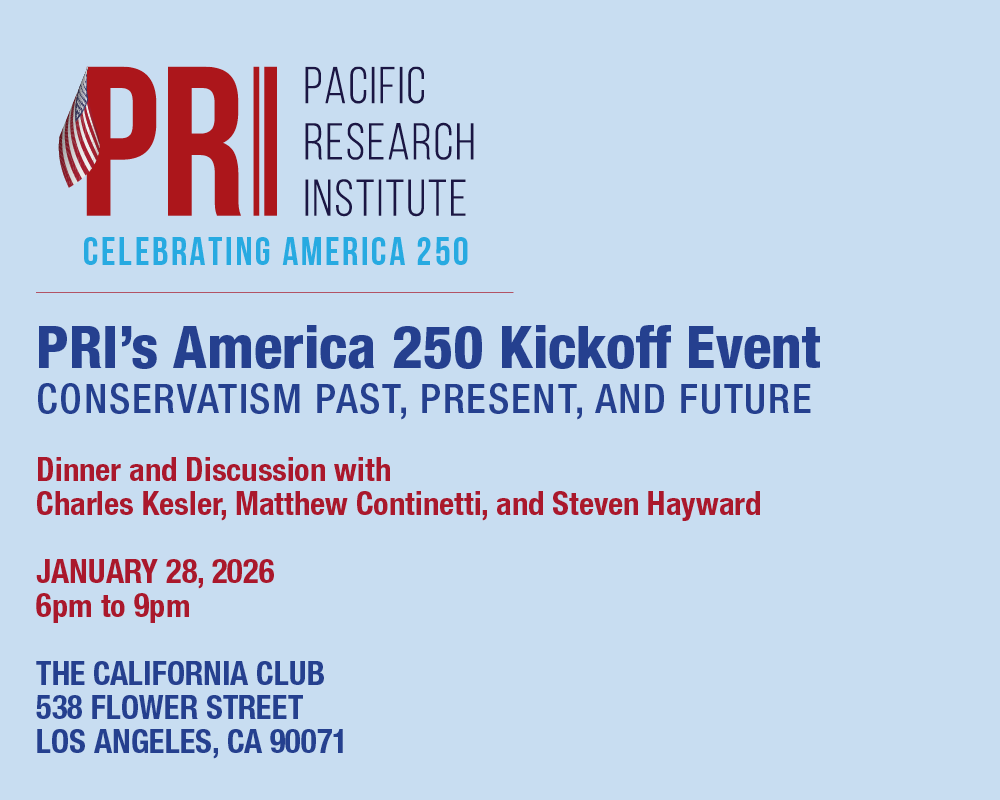The use of the term “mass incarceration” is widely accepted to define the United States rate of incarceration in comparison to other countries. According to prisonpolicy.org, the US rate of incarceration is 664 per 100,000 population. In California, the rate was 549/100,000, which ranks 33 out of the 50 states.
Over the past ten years, the State of California has been aggressively lowering its incarceration rate through de-criminalization and de-carceration. While the numbers of state prison inmates have dropped – crime rates have increased largely due to newly-released offenders committing new crimes.

An April 2023 analysis from the California Department of Corrections and Rehabilitation (CDCR) found that of the 35,447 inmates released on parole in 2017-18, 68.4 percent were re-arrested, 44.6 percent were convicted, and 19.8 percent were returned to prison by year three. It should be noted that parole agents have considerable discretion and options available to them that fall short of commencing a new criminal case or returning a parolee to prison.
For California’s 100,000 prison inmates, there are two potential paths to release. For determinately sentenced or fixed length sentences, releases are scheduled based on the length of their sentence. Prior to Prop 57, the formulas were simple and were known as “truth in sentencing” laws. Violent offenders served 85 percent of their sentence and non-violent offenders served 50 percent. The 15 percent and 50 percent time periods are intended to incentivize good behavior in prison. By providing an early release incentive, prisoners are more likely to follow the rules.
Prop 57 and executive decisions that expanded good time credits have lowered these criteria so violent offenders can now be released after serving 50 percent of their sentence.
For those with indeterminate sentences, the path to release is through the Board of Parole Hearings or BPH, which holds hearings to determine whether individual offenders should be released.
From 2018-2022, BPH released 6,237 parolees from custody in State Prison.
As documented in the recent PRI study “Paradise Lost,” the number of inmates released has skyrocketed following the enactment of sweeping policy changes like Prop. 57 and executive action, often with tragic results.
Two infamous cases of Prop 57 early releases are Aarial Maynor and Smiley Martin.
After his Prop 57 early release Maynor committed a home invasion robbery in Feb 2022 in Los Angeles where he shot and killed Jacqueline Avant as she slept – later bragging after he was arrested that he would serve only 20-25 years. Maynor plead guilty and received a 140 year sentence. In October 2022, Smiley Martin, having just been released under Prop 57, allegedly participated in a mass shooting in Sacramento where he and his co-defendants shot 19 people – killing six.
Less well known are BPH parole decisions whose results don’t generate media headlines. Among them are the cases of Richard James Ranta and Michael Leon Grant – both convicted murderers.
Ranta, who was 37 at the time, was convicted of strangling his wife Diane Olson to death on May 9th, 1996, in South San Francisco. He received a sentence of 25 years to life. Despite two earlier denials, he was granted compassionate parole due to a cancer diagnosis that predicted his death within two months in November 2022. As of this writing, eight months later, he is alive and well and living in South Carolina.
Grant, then 32 years old, was convicted of murdering his neighbor Mary D’Augusta on December 10, 1984, in San Francisco. Mary’s killing was particularly brutal, as she was beaten with a fire poker, had her throat slit, and her body doused with lighter fluid. Grant was convicted of 2nd Degree Murder and also given a 25 year to life sentence. He was granted parole and is now living in San Francisco.
All of this raises important questions that attempt to balance public safety with mercy. Should murderers, in some cases multiple murderers, be given the opportunity to return to life outside of prison?
You can hear the stories of Diane Olson and Mary D’Augusta through the recollections of their surviving family members and their tragic experiences with the parole process this week on PRI’s Next Round Podcast.
Steve Smith is a senior fellow in urban studies at the Pacific Research Institute, and the author of the PRI study on California’s growing crime problem, “Paradise Lost.”


